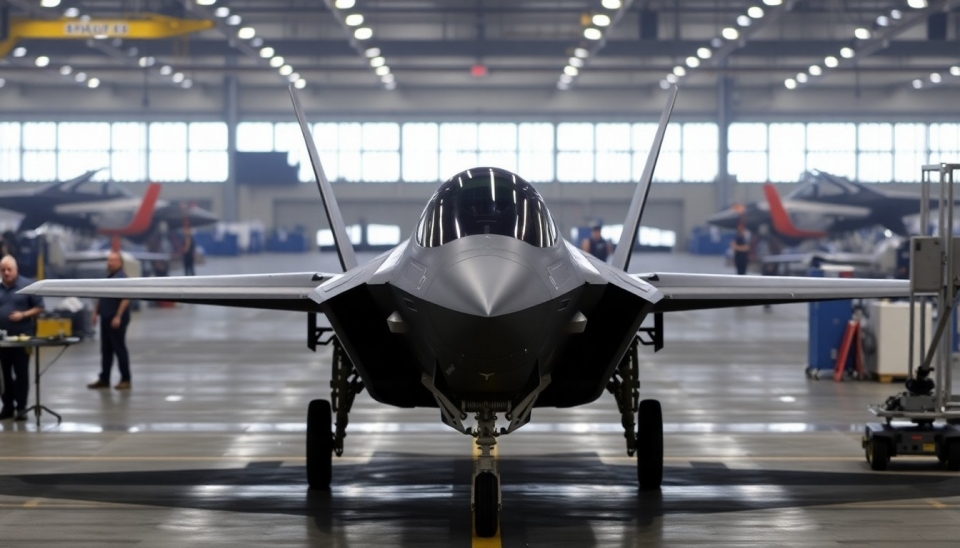
Recent assessments from the Pentagon's testing office have unveiled persistent quality control problems in the production of the F-35 fighter jet, casting a shadow over the program's efficiency and reliability. Despite previous efforts to rectify these issues, the latest findings indicate that the situation remains flawed, compromising both the aircraft's readiness and operational capability.
According to a report released by the Department of Defense's Office of Testing and Evaluation, the F-35 program grapples with incomplete quality assurance procedures, which contribute to continued discrepancies in aircraft performance. The revelations come at a crucial time, as the military seeks to enhance its fleet with more advanced technology while ensuring that existing models can perform their intended missions without fail.
In a move that highlights the gravity of these issues, the testing office recommended more stringent measures to validate the production processes. The report specifically noted that repeated failures in the testing phase have impeded progress, leading to urgent calls for a comprehensive review and overhaul of quality assurance protocols. This comes as defense contractors involved in the F-35 program strive for improved production standards that align with military expectations.
Furthermore, this ongoing struggle with quality is not only a technical challenge but also a financial one. Delays linked to these production issues have the potential to inflate costs, which may impact budget allocations across various defense programs. Analysts have warned that mishandled quality control can ripple through the supply chain, creating even more significant repercussions for future contracts and international deliveries.
Industry insiders express that while improvements have been made since the F-35's inception, the path forward will require advanced training for those on the production lines, coupled with tighter oversight from management. The reliance on a complex web of suppliers further complicates matters, emphasizing the need for greater accountability across all levels of the production chain.
Looking ahead, the U.S. military plans to monitor the situation closely, anticipating further evaluations to ensure that solutions are effective. The stakes are high, as successful resolution of these quality control challenges is pivotal for sustaining the operational integrity of the F-35 fleet and maintaining the nation's defense capabilities. High-ranking officials are optimistic that with concerted efforts, improvements will ultimately stem from these current audits.
The F-35 program, developed by Lockheed Martin, is considered one of the largest defense contracts in history, with implications for international military partnerships and national security strategies. The resolution of these quality concerns is essential not only for the United States but also for its allies who rely on these advanced aircraft.
In conclusion, as the Pentagon continues to address these pressing quality issues, the eyes of the military community remain focused on the forthcoming updates and changes that will shape the future of the F-35 program. A concerted effort toward enhanced quality assurance will be crucial to ensuring that the F-35 fulfills its intended role as a cornerstone of modern aerial warfare.
#F35 #Defense #Military #QualityControl #Pentagon #Aerospace #LockheedMartin #AviationProblems #USMilitary #DefenseContractor
Author: Emily Collins
